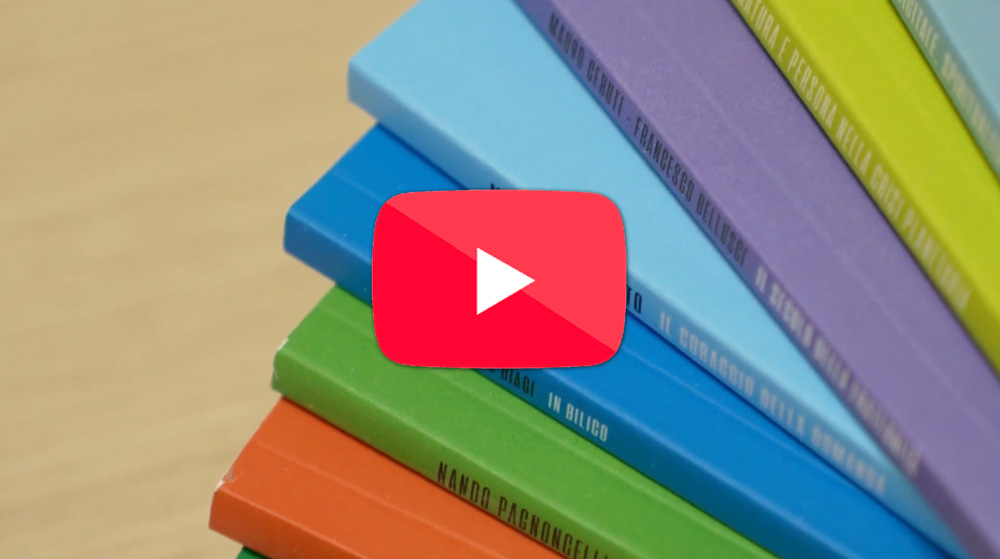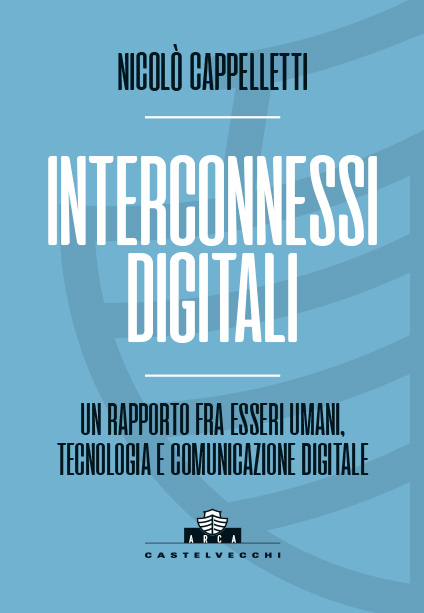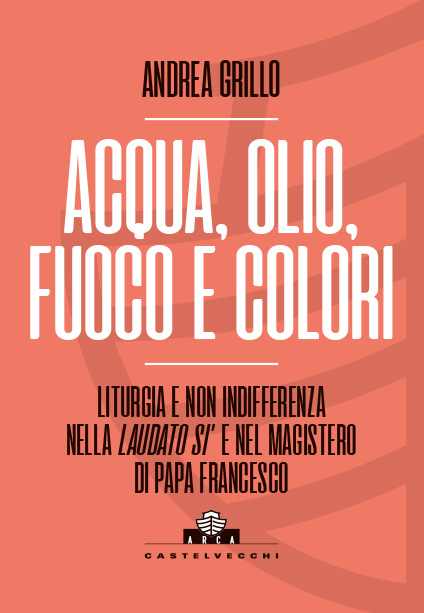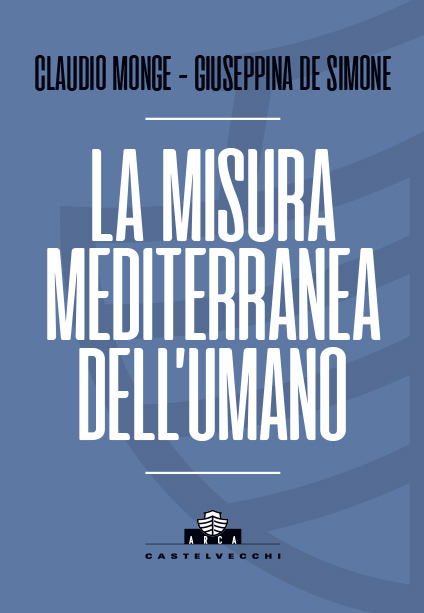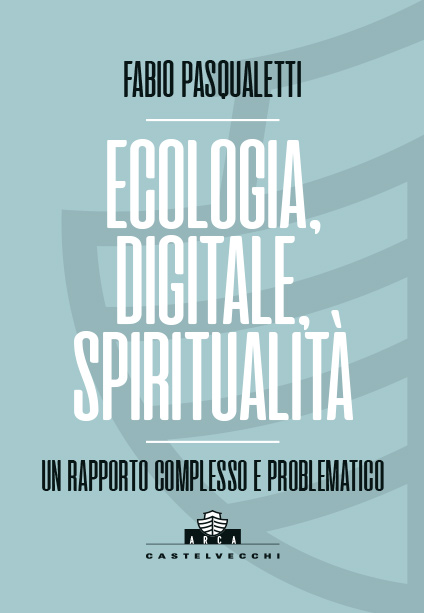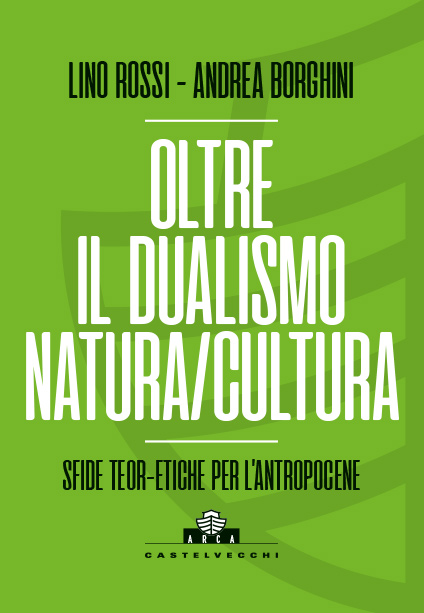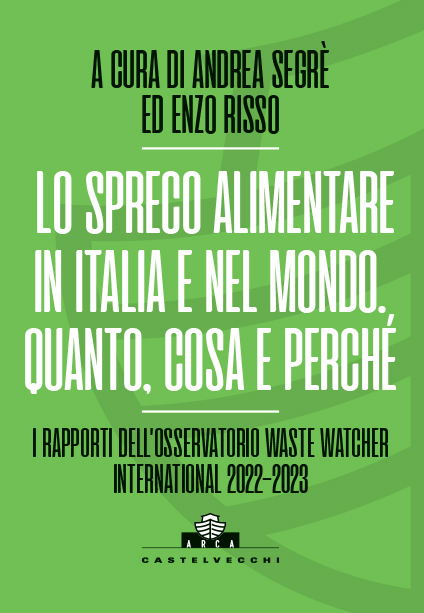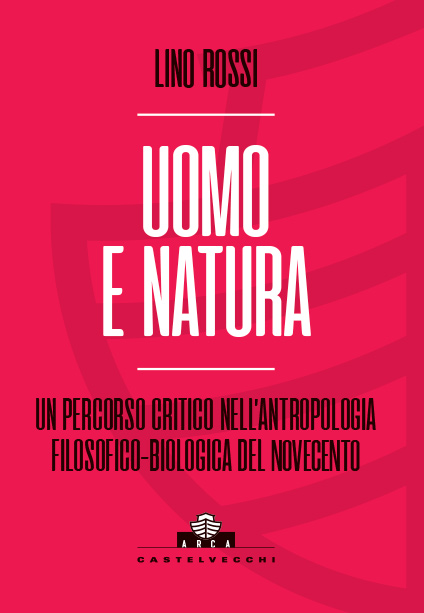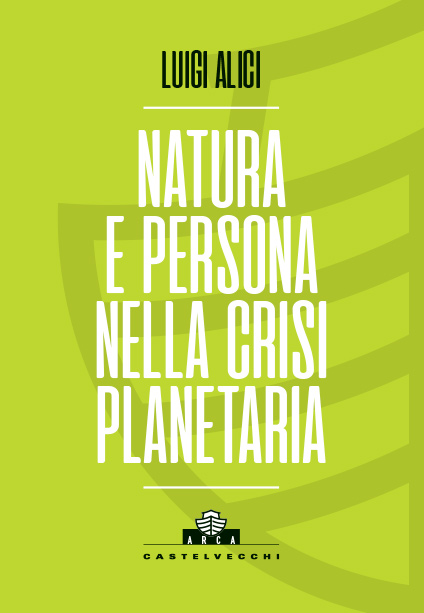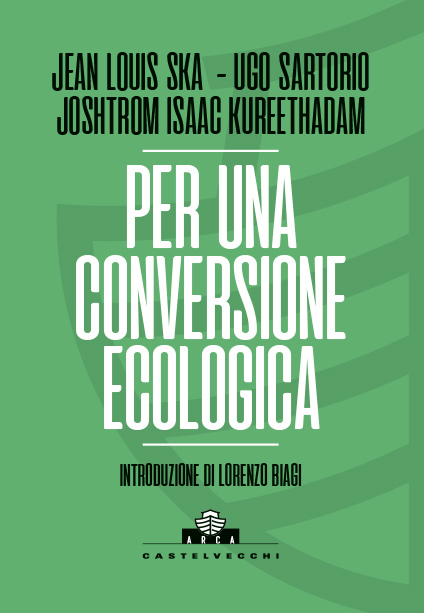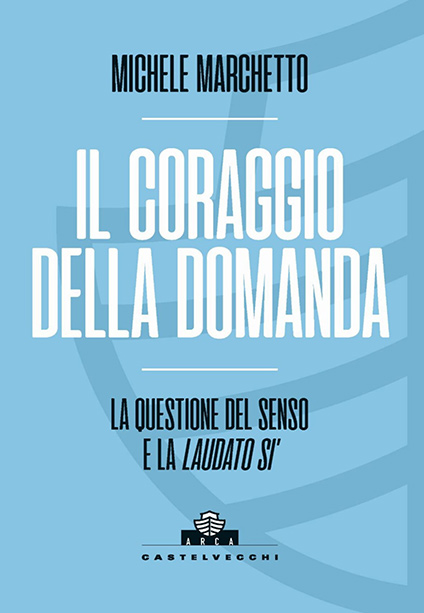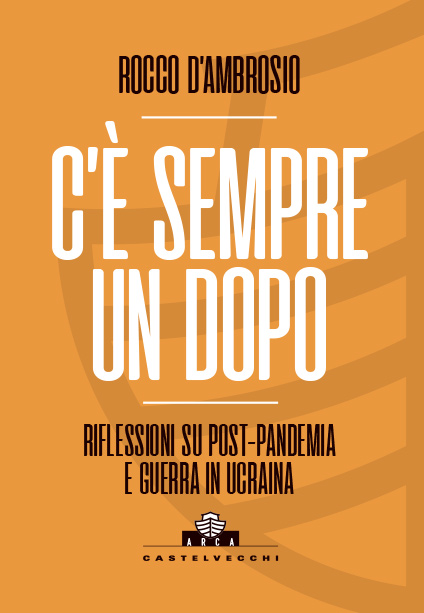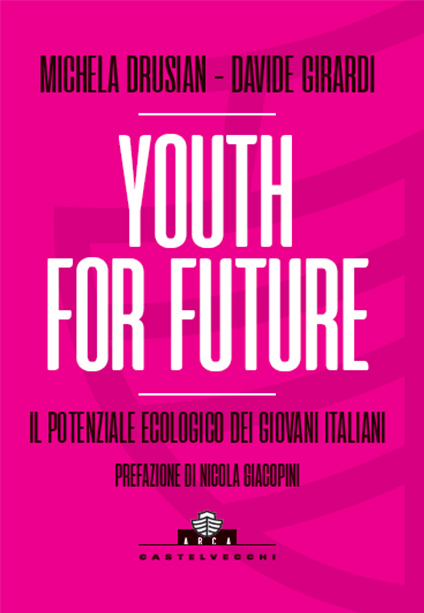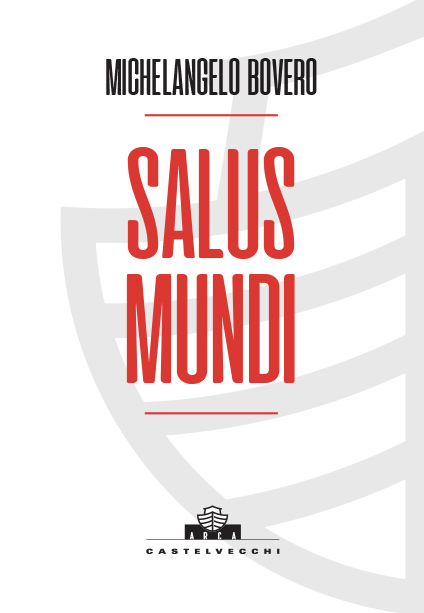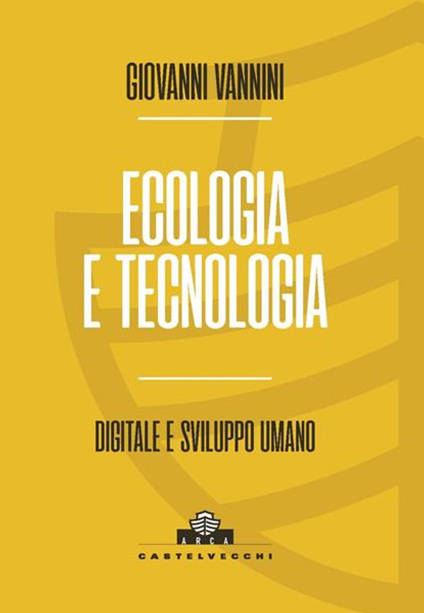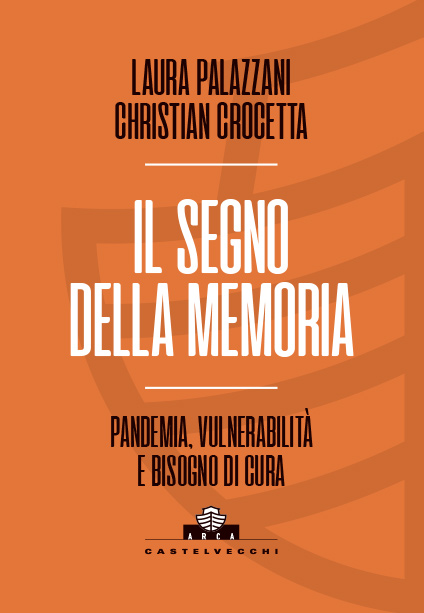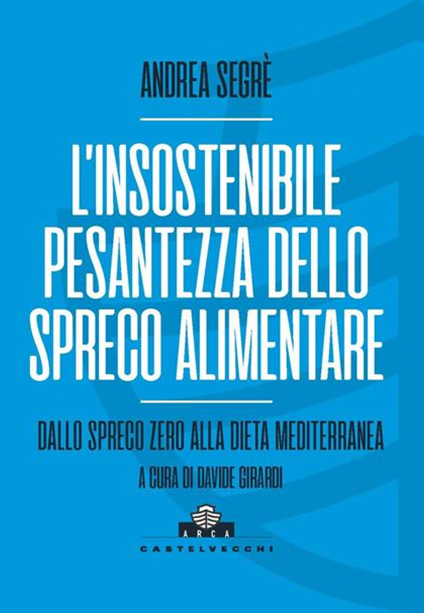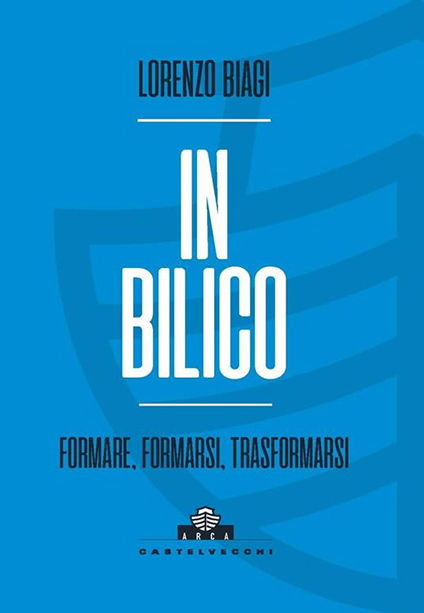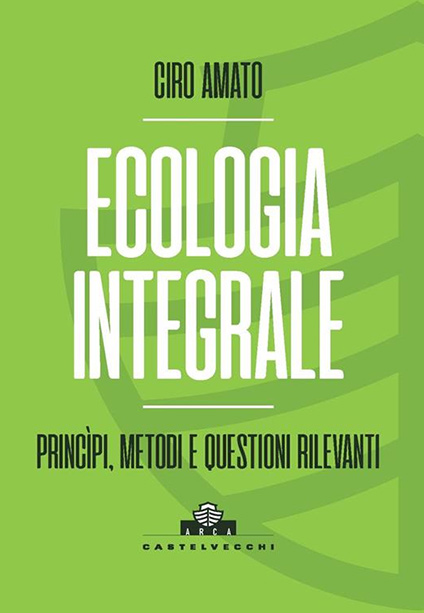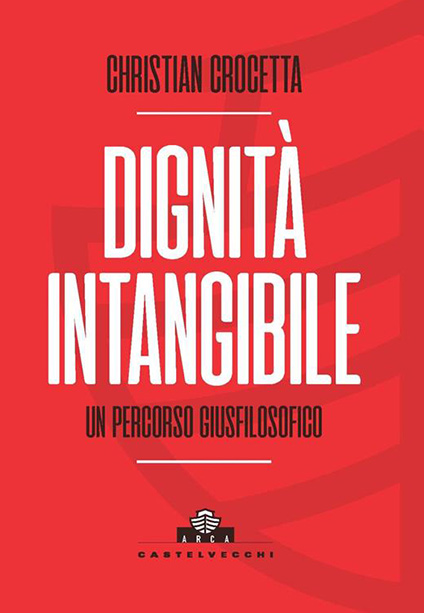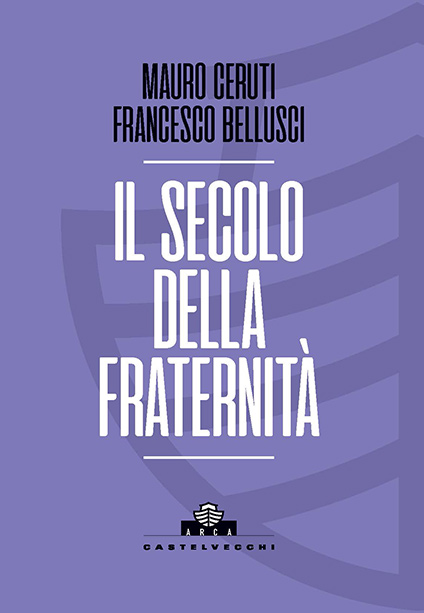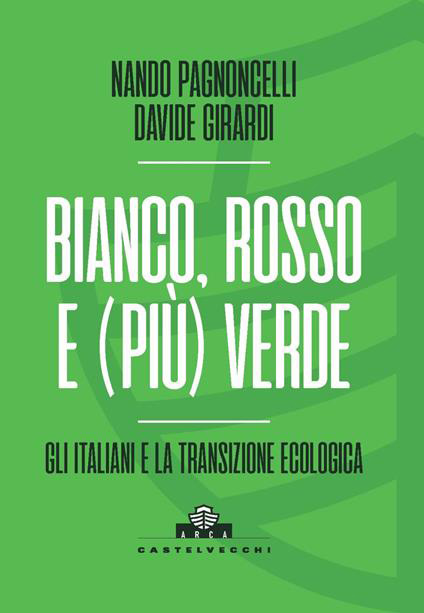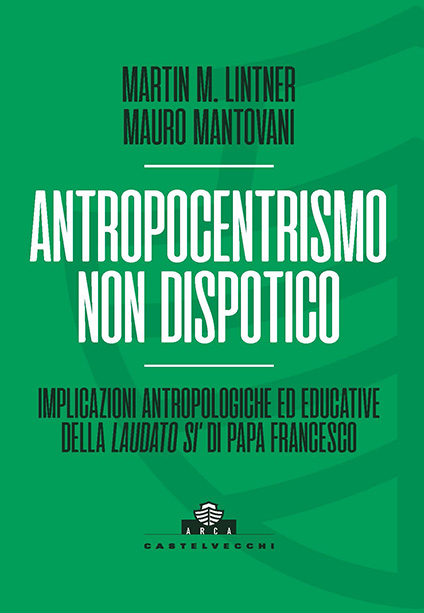Titoli: Il viaggio del migrante
Tipo di pubblicazione: articolo
Anno di pubblicazione: 2024
Autori: Lorenzo Biagi
Rivista: IUSVEducation Supplemento al n. #24
Pagina: 10-29
Data di pubblicazione: novembre 2024
Editore: IUSVE – Istituto Universitario Salesiano
ISSN: 2283-642X
Come citare: Biagi, L. (2024). Il viaggio del migrante. IUSVEducation, Supplemento al n. 24, 10-29. https://www.iusveducation.it/il-viaggio-del-migrante/
Parole chiave: viaggio, sofferenza, catastrofe, disvelamento, misconoscimento, progetto di vita
Paper PDF: IUSVEducation_24_Supplemento_Biagi_VIAGGIO_MIGRANTE_LETTURA_ETICO_ANTROPOLOGICA.pdf
Abstract:
Sui migranti ormai ne sentiamo di tutti i colori. Da ultimo anche sui “viaggi”. Per qualcuno “questi sono viaggi organizzati”. Per qualcun altro “questi viaggi mettono in pericolo i nostri confini”. Che vanno difesi, mentre le vite che spariscono inghiottite dal Mediterraneo sono meno importanti dei confini. Questo contributo prova ad entrare dentro il vissuto personale ed esistenziale della persona che oggi intraprende il migrare, lacerata da quello che cerca di fuggire e rapita da quello che desidera raggiungere, focalizzando lo sguardo su quello che si mette in mezzo tra la prima (la lacerazione) e il secondo (il desiderio). La tesi è che per il migrante il viaggio non rappresenti soltanto un trauma, ma che sia anche, e forse più, un’occasione di apprendimento trasformativo, come diversi migranti intervistati hanno fatto capire.
The migrant’s journey: what lies in between. An ethical-anthropological reading
Keywords: journey, suffering, catastrophe, revelation, misrecognition, life project
Abstract:
We hear all sorts of things about migrants now. Lastly, even about “journeys”. For some, “these are organized trips”. For others, “these trips endanger our borders”; which must be defended, while lives that disappear swallowed up by the Mediterranean are less important than borders. This contribution tries to delve into the personal and existential experience of the person who today undertakes to migrate, torn by what he is trying to escape and kidnapped by what he desires to reach, focusing on what is in the middle between the first (the laceration) and the second (the desire). The thesis is that for the migrant the journey does not only represent a trauma, but it is also, and perhaps more, an opportunity for transformative learning, as several migrants interviewed have made clear.











